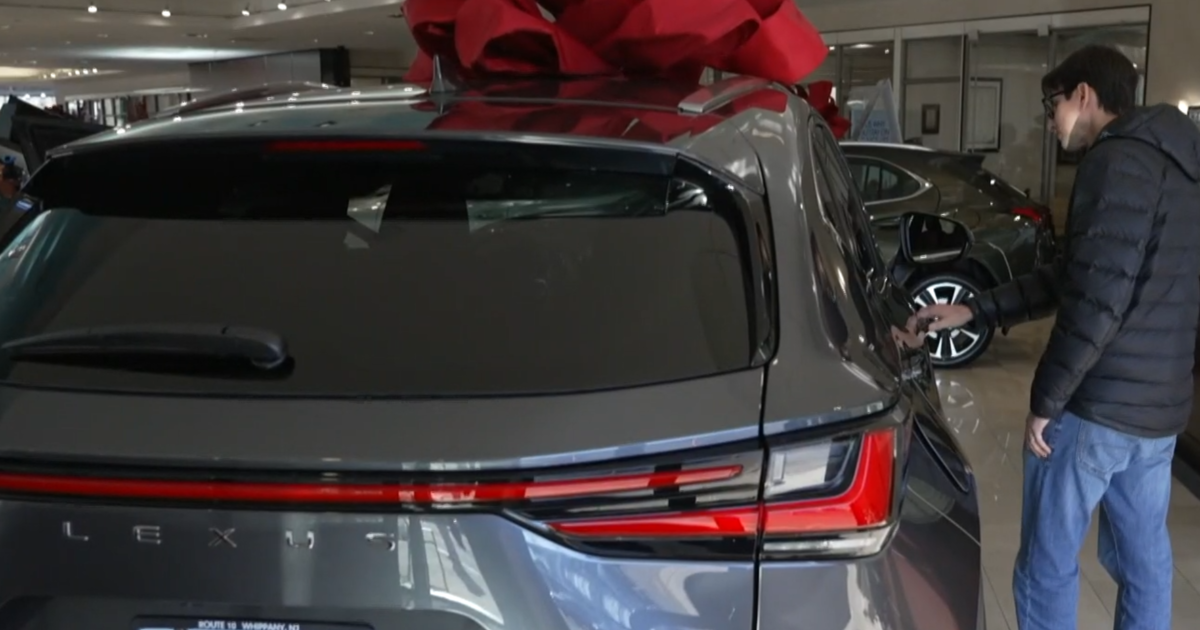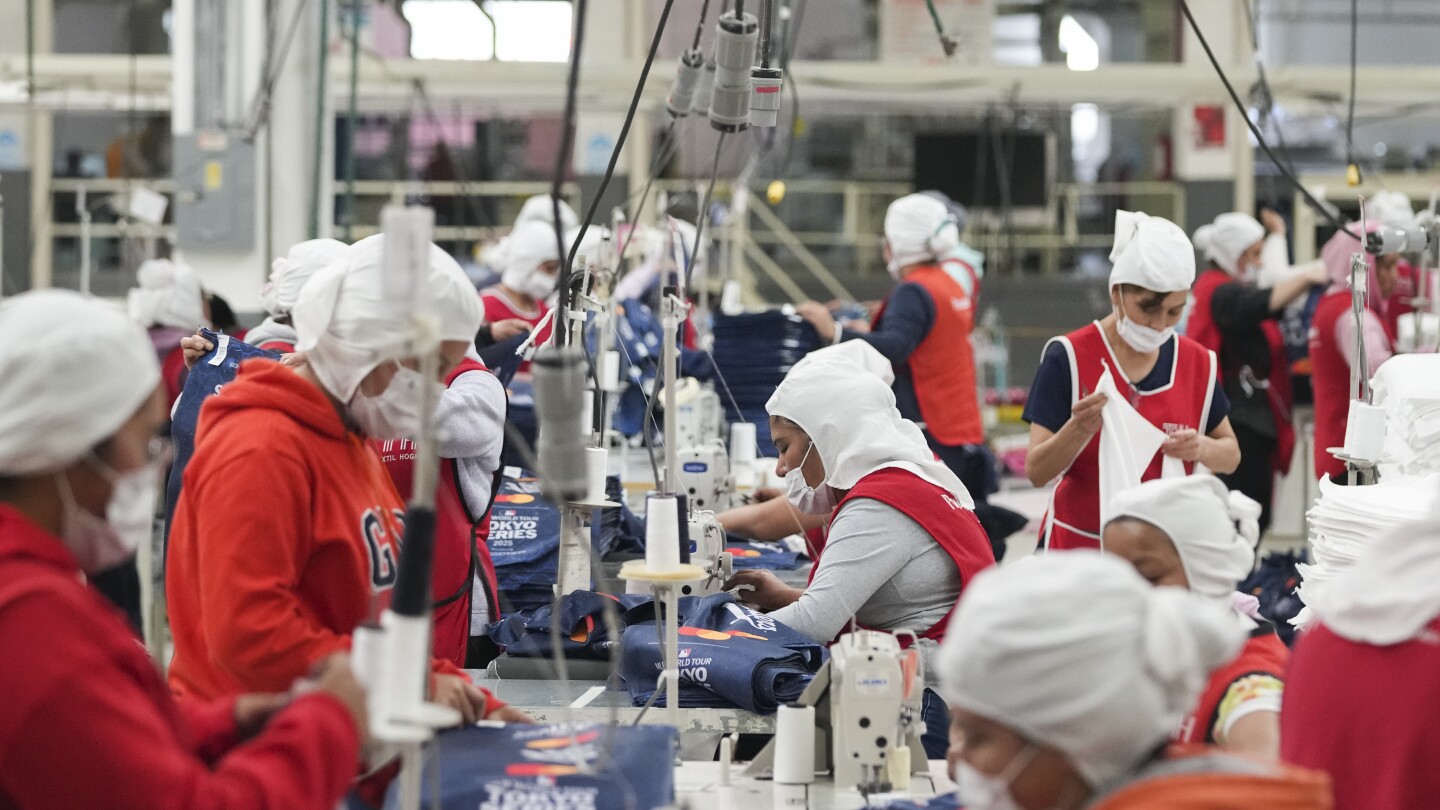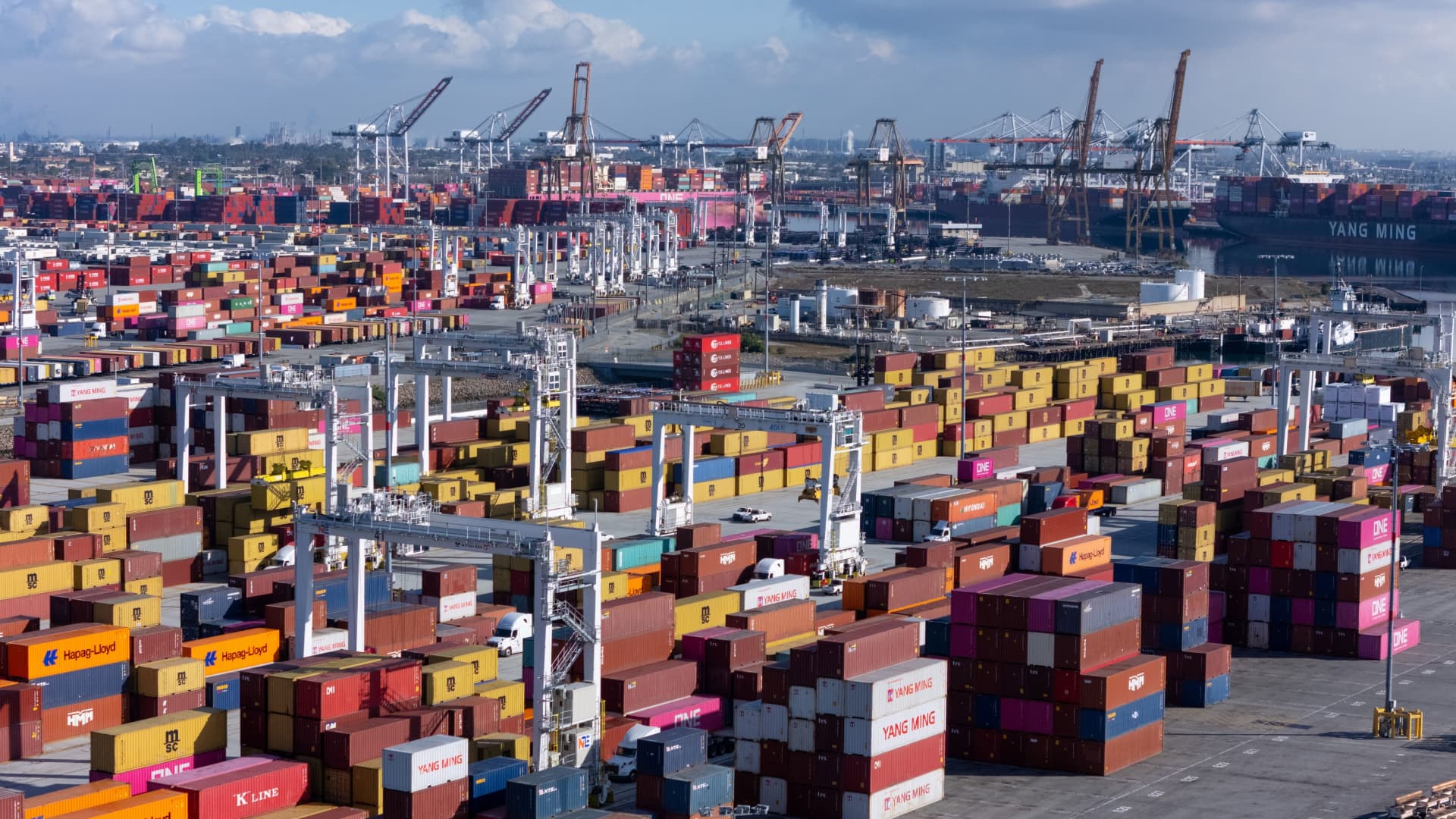The Hidden Costs of Trump’s Tariff Threat: Will Car Prices Skyrocket?
As trade tensions escalate, the automotive industry faces a precarious landscape. The recent threats of tariffs from former President Donald Trump have left consumers and manufacturers alike wondering: will car prices skyrocket? The implications of such tariffs extend far beyond mere sticker prices, affecting everything from supply chains to consumer behavior. In this article, we will delve into the hidden costs of Trump’s tariff threats, exploring how they could lead to significant increases in car prices and what that means for the automotive market and consumers.
The Landscape of Tariffs and the Automotive Industry
The automotive industry is a complex web of global supply chains, where parts and materials are sourced from various countries before being assembled into vehicles. Trump’s tariffs primarily target imports from countries like China, which is a major supplier of car parts and components. The immediate effect of these tariffs is an increase in the cost of imported goods, which manufacturers often pass on to consumers in the form of higher prices.
When tariffs are imposed, manufacturers face increased costs for materials and components. This can lead to a ripple effect throughout the industry:
- Increased Production Costs: Automakers may face higher costs for steel, aluminum, and other materials necessary for vehicle production.
- Supply Chain Disruptions: Tariffs can disrupt supply chains, leading to delays and inefficiencies in production.
- Price Increases for Consumers: Ultimately, the increased costs are likely to be passed on to consumers, resulting in higher car prices.
Understanding the Impact on Car Prices
The potential for car prices to skyrocket due to tariffs is significant. According to industry analysts, the average price of a new car in the United States could rise substantially if tariffs are enacted:
- A recent study suggested that a 25% tariff on imported vehicles could increase the average price of a new car by as much as $6,000.
- For consumers, this means that the dream of owning a new vehicle may become increasingly unattainable, especially for first-time buyers or those on a tight budget.
Moreover, the effects are not limited to new cars. The used car market could also feel the pinch. As new car prices rise, consumers may turn to the used car market, driving up prices there as well. This could create a scenario where all types of vehicle purchases become more expensive, straining household budgets.
The Broader Economic Implications
While the focus is often on the automotive industry, the implications of Trump’s tariff threats extend to the broader economy. Higher car prices can have a cascading effect on various sectors:
- Consumer Spending: When car prices rise, consumers may cut back on discretionary spending, affecting retail and service industries.
- Employment in the Automotive Sector: If sales decline due to higher prices, automakers may be forced to reduce production, leading to layoffs in the industry.
- Impact on Trade Relations: Increased tariffs can strain relations with trading partners, potentially leading to retaliatory measures and further trade disputes.
Consumer Behavior and Market Adaptation
In the face of rising car prices, consumer behavior is likely to shift. Buyers may reconsider their options, leading to potential changes in market dynamics:
- Increased Demand for Electric Vehicles: As traditional vehicle prices rise, consumers may gravitate towards electric vehicles, especially those with government incentives.
- Leasing vs. Buying: Higher purchase prices may encourage more consumers to lease vehicles instead of buying, affecting the long-term market.
- Focus on Reliability and Longevity: Consumers may prioritize reliability and longevity in vehicle purchases, opting for brands known for durability.
The Political and Social Dimensions
The conversation surrounding tariffs is not just an economic one; it also carries political and social implications. The automotive industry is a significant employer in many regions, and rising car prices could lead to public outcry. Politicians may find themselves under pressure to address these issues, potentially altering their stance on trade policies.
Furthermore, the social implications of increased car prices can lead to greater inequality. Those in lower-income brackets may find themselves unable to afford reliable transportation, impacting their access to jobs and opportunities. This raises questions about the fairness of trade policies that disproportionately affect certain demographics.
Looking Ahead: What Can Be Done?
While the threats of tariffs loom large, there are potential strategies that consumers and manufacturers can adopt to mitigate the impact:
- Increased Local Production: Automakers may seek to localize production to avoid tariffs, which could create jobs in the U.S. but may also increase costs in the short term.
- Advocacy for Trade Policy Reform: Consumers can advocate for fair trade policies that protect jobs while ensuring affordable prices.
- Consumer Awareness: Staying informed about market trends and being flexible in purchasing decisions can help consumers navigate price increases.
Conclusion
The hidden costs of Trump’s tariff threat are multifaceted, with the potential to significantly impact car prices and the broader economy. As consumers brace for possible price hikes, understanding the implications of these tariffs becomes crucial. While the automotive industry adapts to a changing landscape, consumers must remain vigilant and adaptable to navigate the challenges ahead. The hope lies in finding solutions that balance fair trade practices with affordable vehicle access, ensuring that the dream of car ownership remains within reach for all.
As we look to the future, it is clear that the conversation surrounding tariffs will continue to evolve, and so will the strategies employed by consumers and manufacturers alike. Whether car prices will skyrocket remains to be seen, but one thing is certain: the impact of trade policies on the automotive industry is a topic that will require ongoing attention and discussion.
See more CCTV News Daily



